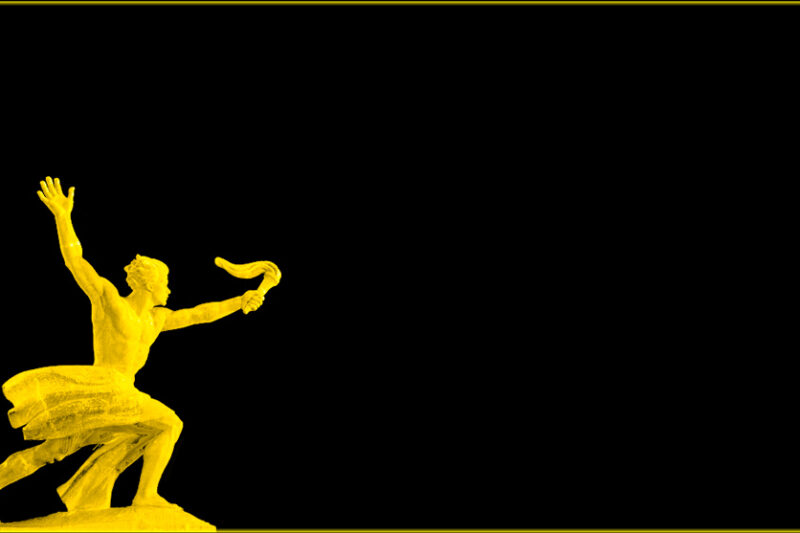
As revelations continue to pour forth about how the talents of thousands of brilliant math and computer experts are being utilized by the National Security Agency, we also saw last week the release of a that attempts to defend the importance of the humanities. I thought this by John Horgan on the report was especially good. A science writer who teaches at the Stevens Institute of Technology, Horgan says many of his science and engineering students question why they should have to take a humanities class. “They don’t see the point of reading all this old impractical stuff that has nothing to do with their careers,” he notes.
What he tells them is that
We live in a world increasingly dominated by science. And that’s fine. I became a science writer because I think science is the most exciting, dynamic, consequential part of human culture, and I wanted to be a part of that.…
But it is precisely because science is so powerful that we need the humanities now more than ever. In your science, mathematics and engineering classes, you’re given facts, answers, knowledge, truth. Your professors say, “This is how things are.” They give you certainty. The humanities, at least the way I teach them, give you uncertainty, doubt and skepticism.
The humanities are subversive. They undermine the claims of all authorities, whether political, religious or scientific. This skepticism is especially important when it comes to claims about humanity, about what we are, where we came from, and even what we can be and should be. Science has replaced religion as our main source of answers to these questions. Science has told us a lot about ourselves, and we’re learning more every day.
But the humanities remind us that we have an enormous capacity for deluding ourselves.
Every day I struggle with how to articulate why privacy is an important value. To give a full account of why it is, one must appeal to some very squishy notions from the humanities—things like “the essential dignity befitting a free people,” “the space to explore and create one’s identity,” and the “universal need for a refuge from the glare of the community.” Nobody can understand the full weight of such concepts without the kind of sensitivity to the inner human experience that the humanities help cultivate.
The danger is that an organization full of technocratic expertise but having little appreciation for our civilization’s greatest conversations about history, the human experience, and our ethical and philosophical traditions will bring us a world with high technology but lacking compassion and balance and respect for humanity. And yes, it will bring us a world lacking respect for the privacy that is such a core part of that humanity. To slightly repurpose the final lines of the poem by Matthew Arnold, it will bring us a world that
Hath really neither joy, nor love, nor light,
Nor certitude, nor peace, nor help for pain;
And we are here as on a darkling plain
Swept with confused alarms of struggle and flight,
Where ignorant armies clash by night.
Even if those ignorant armies have very high-tech weapons. And the latest digital interception technologies.

